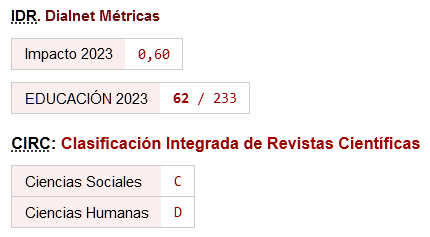Does University-Industry Collaboration Matter for Innovation?
Keywords:
University-Industry Collaboration, Capacity for Innovation, Developed Countries, Developing CountriesAbstract
The objective of study is to examine the impact of university-industry collaboration on capacity for innovation. This study relied on country level data collected through annual Global Competitiveness Reports published by World Economic Forum. Dissimilar to earlier studies, we use cross-country panel dataset of 112 countries (developed and developing countries) across different region (Africa, Asia, Europe, Oceania, North America, and South America) with time frame from 2006 to 2015. We measure innovation as country’s capacity for innovation and university-industry relationship as university-industry collaboration in R&D. After using diverse range of control variables (company R&D spending, extent of staff training, education enrollment rate, gross domestic product, FDI and technology transfer, and government procurement of advanced technology), OLS regression estimates suggest that university-industry collaboration in R&D has positive and statistically significant impact on country’s capacity for innovation. Moreover, countries with strong university-industry relationship have higher impact on capacity to innovate as compare to countries with weak university-industry relationship. Interestingly, we also find that the impact university-industry relationship on capacity for innovation is higher in developing countries as compare to developed countries. All above estimated results are further robust check by using diverse proxies of university-industry collaboration, and find consistent results.











